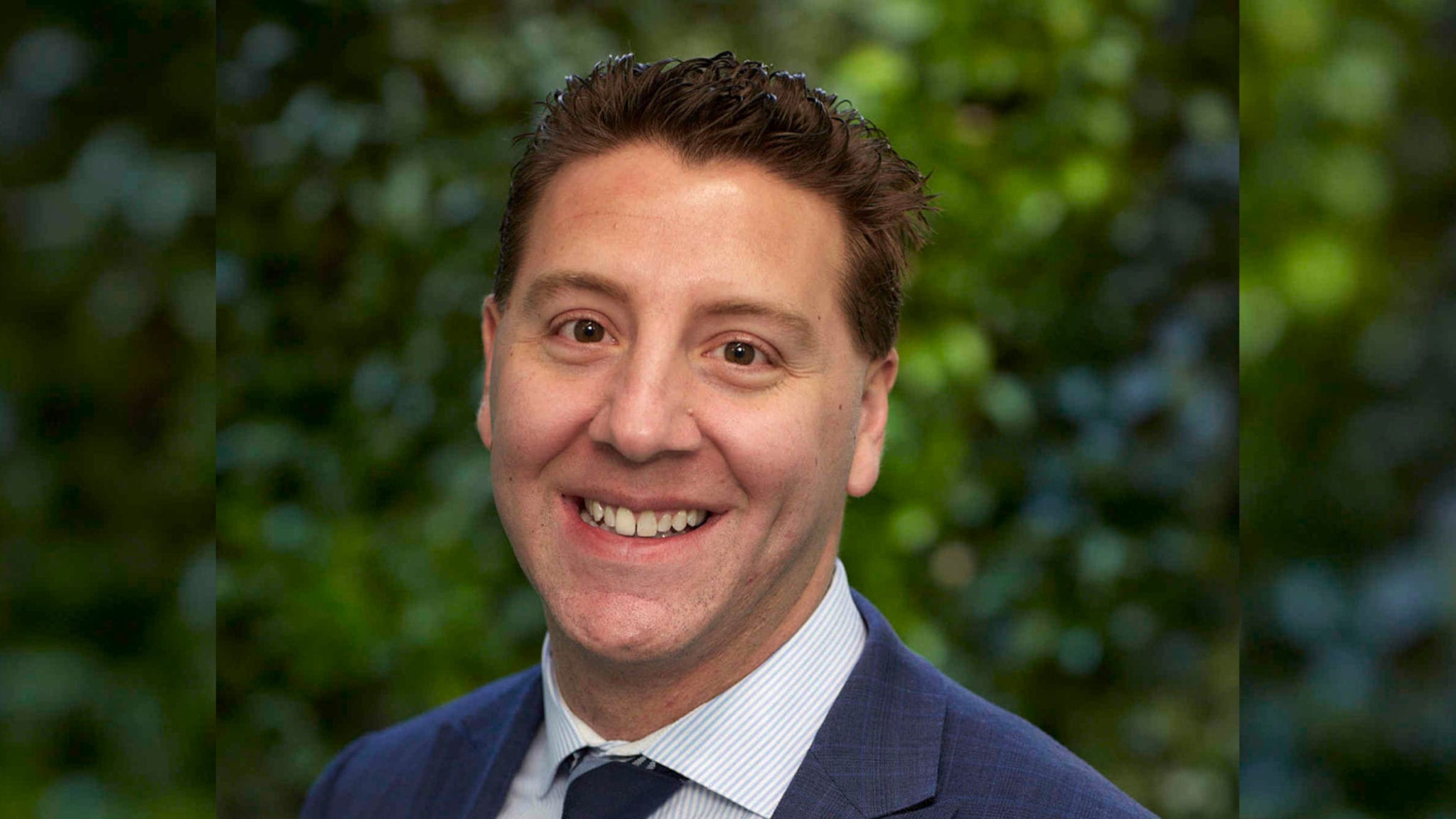
Shawn Leland, Elevation Oncology founder
Elevation Oncology launches with $32.5 million Series A, gives new life to former Merrimack program
Almost two years ago, Merrimack’s high-profile seribantumab program flopped in a trial that attempted to treat non-small cell lung cancer in combination with another drug …
Sign up to read this article for free.
Get free access to a limited number of articles, plus choose newsletters to get straight to your inbox.